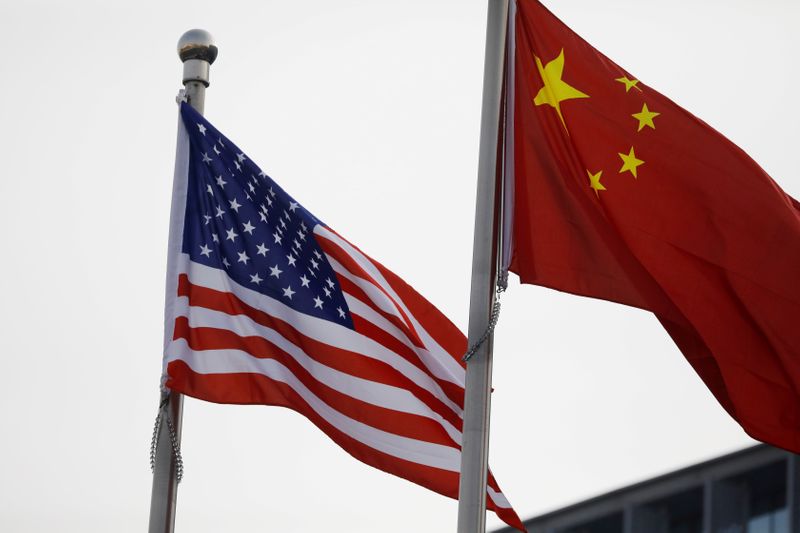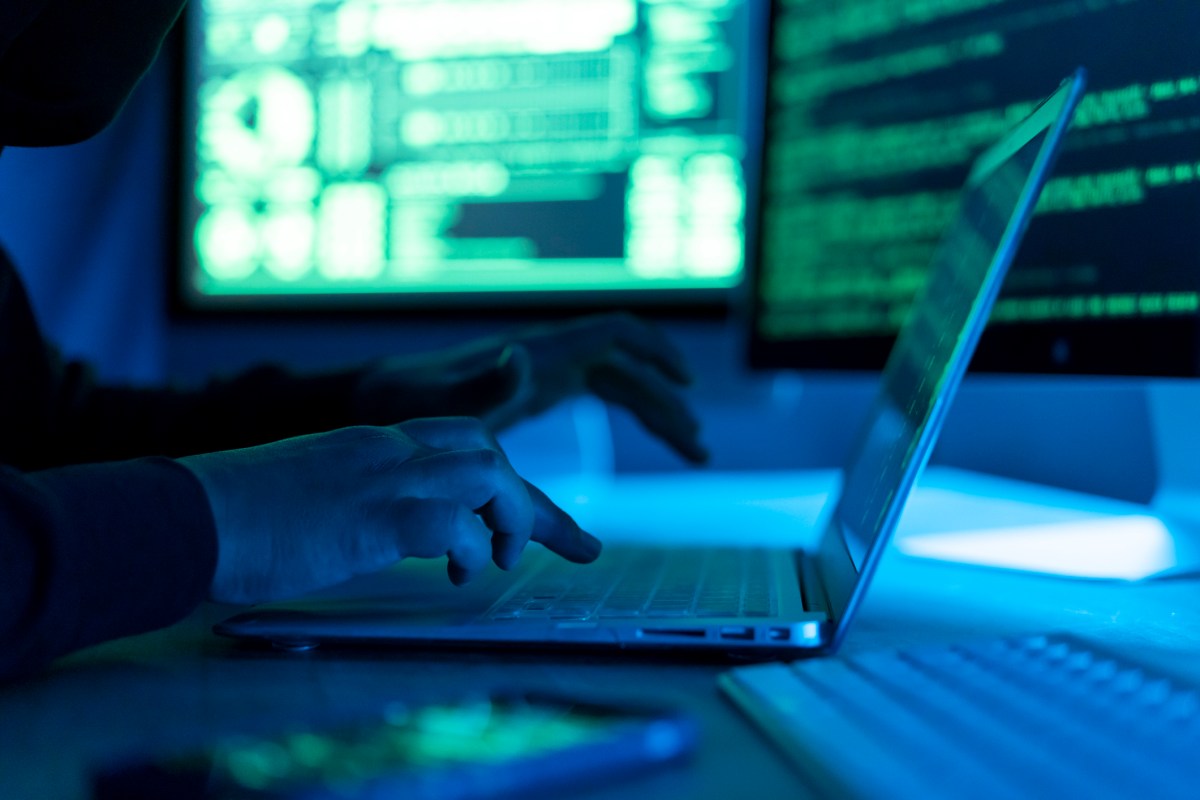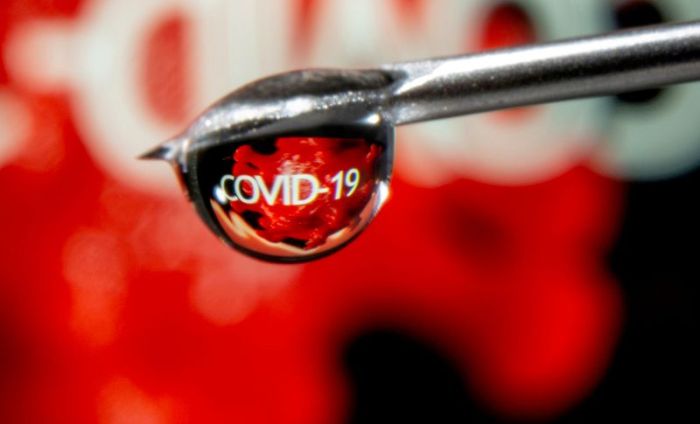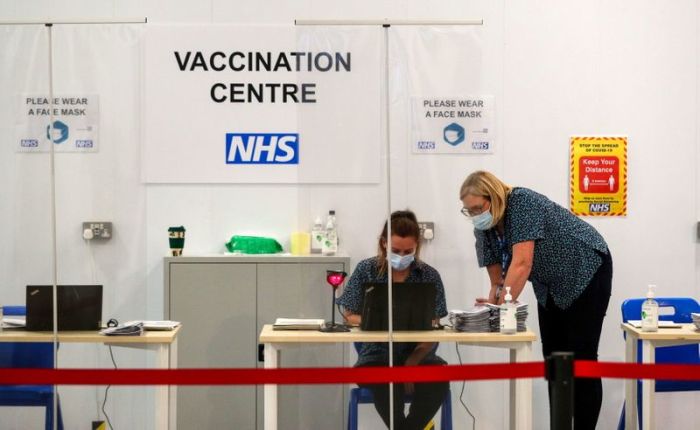WASHINGTON (Reuters) -The U.S. Commerce Department said Thursday it was adding seven Chinese supercomputing entities to a U.S. economic blacklist for assisting Chinese military efforts.
The Commerce Department said the seven were “involved with building supercomputers used by China’s military actors, its destabilizing military modernization efforts, and/or weapons of mass destruction programs.”
The department is adding Tianjin Phytium Information Technology, Shanghai High-Performance Integrated Circuit Design Center, Sunway Microelectronics, the National Supercomputing Center Jinan, the National Supercomputing Center Shenzhen, the National Supercomputing Center Wuxi, and the National Supercomputing Center Zhengzhou to its blacklist.
China’s foreign ministry spokesman Zhao Lijian said Beijing will take “necessary measures” to protect its companies’ rights and interests.
“U.S. containment and suppression cannot hold back the march of China’s scientific and technological development,” he said at a daily news conference in Beijing on Friday.
Companies or others listed on the U.S. Entity List are required to apply for licenses from the Commerce Department that face tough scrutiny when they seek permission to receive items from U.S. suppliers.
“Supercomputing capabilities are vital for the development of many – perhaps almost all – modern weapons and national security systems, such as nuclear weapons and hypersonic weapons, Commerce Secretary Gina Raimondo said in a statement.
The new rules take effect immediately but do not apply to goods from U.S. suppliers already en route.
During the administration of former U.S. President Donald Trump, the U.S. added dozens of Chinese companies to its economic blacklist, including the country’s top smartphone maker Huawei Technologies, top chipmaker SMIC and the largest drone manufacturer, SZ DJI Technology Co Ltd.
(Reporting by David Shepardson; additional reporting by Karen Freifeld and Gabriel CrossleyEditing by Chizu Nomiyama, Bernadette Baum and Kim Coghill)
























